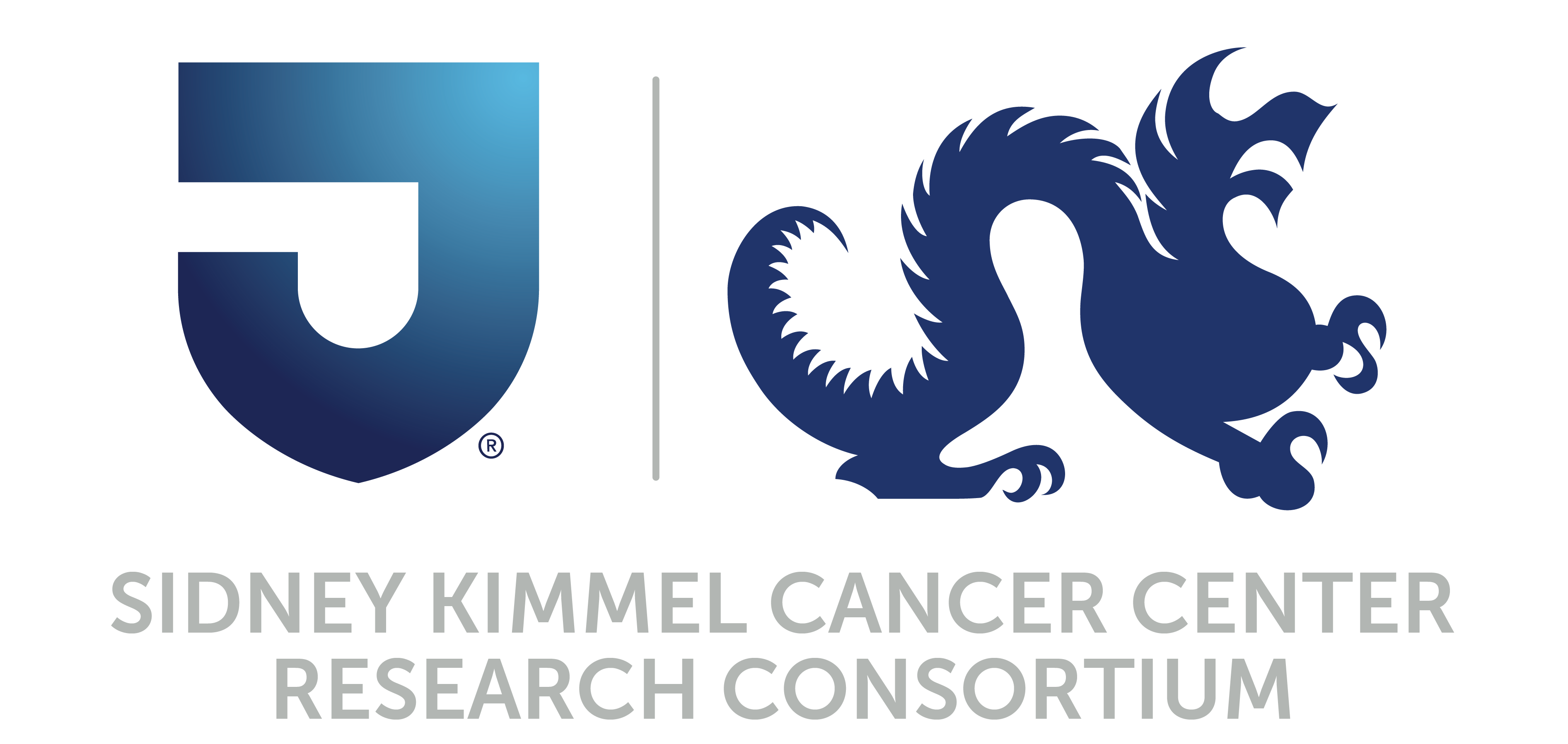
Dr. Schilder on PARP Inhibitors in Gynecologic Cancers

Russell J. Schilder, MD, director, Gynecologic Medical Oncology, Thomas Jefferson University, Kimmel Cancer Center, discusses PARP inhibitors and their potential role in gynecologic cancers.
Russell J. Schilder, MD, director, Gynecologic Medical Oncology, Thomas Jefferson University, Kimmel Cancer Center, discusses PARP inhibitors and their potential role in gynecologic cancers.
In ovarian cancer, PARP inhibitors have been “making a scene,” Schilder says. Researchers used to think that PARP inhibitors only helped patients with a BRCA mutation, but data shows that the role of PARP inhibitors expands beyond that to any patient with ovarian cancer whose tumor has defects in homologous repair. Now, instead of PARP inhibitors proving useful in 5-10% of patients with ovarian cancer, Schilder says, PARP inhibitors can help up to 50% of patients with ovarian cancer.
Schilder thinks PARP inhibitors can also prove to be useful in patients with cervical cancer. There are currently trials underway with a PARP inhibitor being added to paclitaxel and cisplatin in patients with metastatic disease. Many patients with cervical cancer have abnormalities in the fanconi anemia pathway, Schilder says, which is another DNA repair pathway.
By combining a PARP inhibitor’s ability to the effects of DNA damage with a platinum agent in a cell that has DNA repair, an improved outcome could be the result, Schilder says.




































